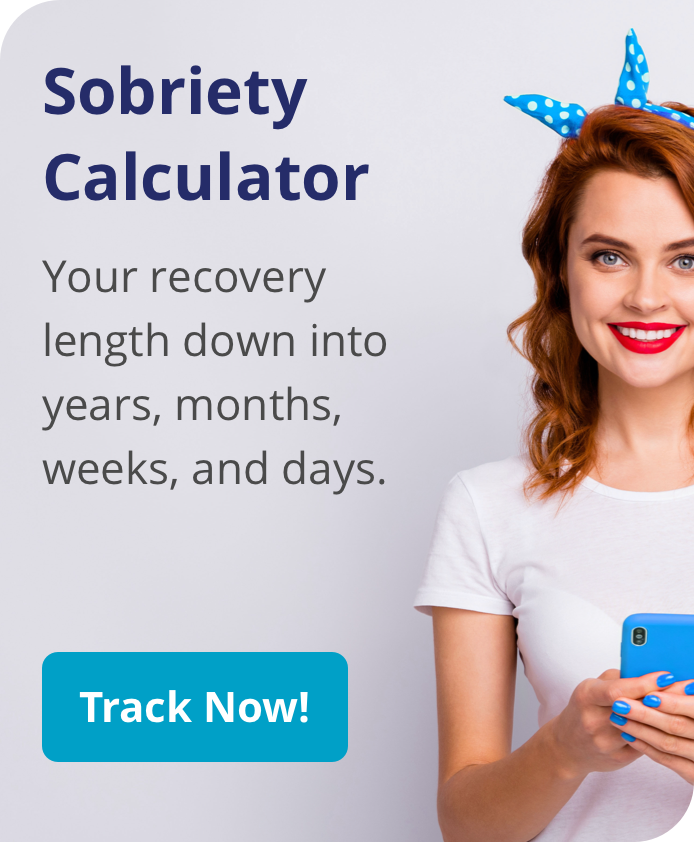
In 2015, an estimated 16.1 million adults aged 18 or older in the United States had at least one major depressive episode in the past year. This number represented 6.7% of all adults in the United States.1 The signs of depression vary from person to person – the symptoms that manifest in one person are entirely different from how depression will manifest in the next individual.
In an article published to the Fisher Wallace blog high functioning depression (HFD) is defined as a term, “used to describe people who experience consistent symptoms of depression for a long period of time (over 2 years), but continue to complete the activities necessary to lead functional lives. They work and often have thriving careers. They take care of their families, their homes and their appearance while they are struggling with feelings of negativity, sadness, and despair.”2
Signs of High Functioning Depression
What does high functioning depression, otherwise referred to as chronic or low-grade depression, look like in a typical person? Healthcare professionals look for a variety of symptoms before diagnosing someone with depression. Symptoms can vary from person to person, but if 2 or more symptoms are observed the person may be experiencing depression.3
- Seeking perfection
- Constant self-doubt
- Blowing things out of proportion
- Difficulty expressing or experiencing joy
- Feeling misunderstood
- Excessive anger and irritability
- Continual guilt and worry
- Inability to slow down or rest
- Increased or decreased appetite
- Insomnia or irregular sleep patterns
- Excessive pastime activities
- Difficulty making decisions
- Harmful coping strategies such as drug or alcohol use disorders.
Depression and other mental health issues are often dealt with internally, with very few people sharing their problems with others. High functioning depression looks normal from the outside, as it’s almost impossible to determine if someone is suffering with HFD just by looking at them. This is different from people suffering from major depression that have severe impairment which can limit their ability to take part in regular day-to-day activities.
The Silent Illness of High-Functioning Depression
High functioning depression is often a silent illness that goes untreated in many people. They are often overachievers participating in many hobbies and activities so, it can be difficult to see signs of real depression as they are able to hide their symptoms so well. This Type A personality can even act as a barrier so the people in their life (friends, family and co-workers) often don’t have a clue that they are depressed.
High functioning depression is not a specific diagnosis. Rather, HFD refers to a type of persistent depressive disorder that combines two previously separate disorders, namely dysthymia and chronic depressive disorder. When diagnosing depression, medical professionals ask the patient questions like: when did the symptoms start, how severe are the symptoms, how long have the symptoms lasted, is there a history of depression or other mental illness in the family and even if there is a history of drug or alcohol abuse and dependence (substance use disorder).4
Depression Doesn’t Mean They’re Lazy
What is the worse advice you can give someone with depression? Telling them to suck it up, snap out of it or just get over it. People experiencing HFD are still able to carry out many tasks during the day – just because someone is very active and highly energetic doesn’t mean they can’t also be depressed.
Depression has nothing to with being sad, lonely or lazy. It can be brought on by unbearable stress, anxiety or panic attacks. Symptoms vary from person to person and can also include insomnia, heart palpitations, headaches or obsessive thoughts.
In her article, Please Stop Thinking My High-Functioning Depression Makes Me Lazy, writer Caroline Shannon-Karasik says, “For me, depression often feels like I’m observing someone else’s life, almost as if I’m hovering above my body. I know I’m doing all of the things I’m “supposed to do” and often genuinely smiling at things I enjoy, but I’m left routinely feeling like an impostor.”5
Connection Between Depression and Substance Use Disorder
Depression, or other mental health disorders, are often present in people who also have a substance use disorder, this is called a co-occurring disorder. In 2014, among the over 20 million adults with a past year substance use disorder (SUD), 39% (or 7.9 million people) also had a mental illness in the past year.6
There probably isn’t a cure, but there are ways to help to manage all forms of mental illness including high functioning depression. Psychotherapy, medically assisted treatment or a combination of the two may be the best treatment option.
Treating drug use disorder or alcohol use disorder alone will do little to help eliminate major depressive episodes. Finding a recovery facility, like Transformations Treatment Center, that specializes in treating co-occurring disorders is key to long-term recovery and relapse prevention.
Hope and Help for Depression
Residential treatment may be a good option for helping people with high-functioning depression. At Transformations, we provide specialty services designed to support the recovery process, including our BrainPaint System, which uses neuro-feedback to address issues such as anger, anxiety, PTSD, insomnia, depression, and eating disorders. Additionally, we offer supplemental psychiatric services tailored to the specific needs of our clients. To further support our clients, we accept a variety of insurance plans, including Provider Network of America mental health insurance, ensuring that people can access the comprehensive care they need without unnecessary financial strain.
1. National Institute of Mental Health (NIMN). Major Depression Among Adults.
https://www.nimh.nih.gov/health/statistics/prevalence/major-depression-among-adults.shtml
2. Fisher Wallace Stimulator. Do I Have High Functioning Depression?
https://www.fisherwallace.com/blogs/mental-health-topics/do-i-have-high-functioning-depression
3. Wright, Anne. (2017, May 17). What are the Signs of High-Functioning Depression and Could You Have It?
https://themighty.com/2017/05/signs-of-high-functioning-depression-or-dysthymia/
4. Symptoms of Depression.
https://www.webmd.com/depression/guide/detecting-depression#1
5. Shannon-Karasik, Caroline. (2017, June 20). Please Stop Thinking My High-Functioning Depression Makes Me Lazy.
Retrieved from: https://www.healthline.com/health/depression/this-is-what-high-functioning-depression-looks-like#1
6. Behavioral Health Trends in the United States.
https://www.samhsa.gov/data/sites/default/files/NSDUH-FRR1-2014/NSDUH-FRR1-2014.htm
7. Mayo Clinic. Persistent depressive disorder (dysthymia).
http://www.mayoclinic.org/diseases-conditions/persistent-depressive-disorder/symptoms-causes/syc-20350929
8. Bolen, Brook. 8 Signs You Could Have High Functioning Depression.
https://www.rd.com/health/conditions/high-functioning-depression/




